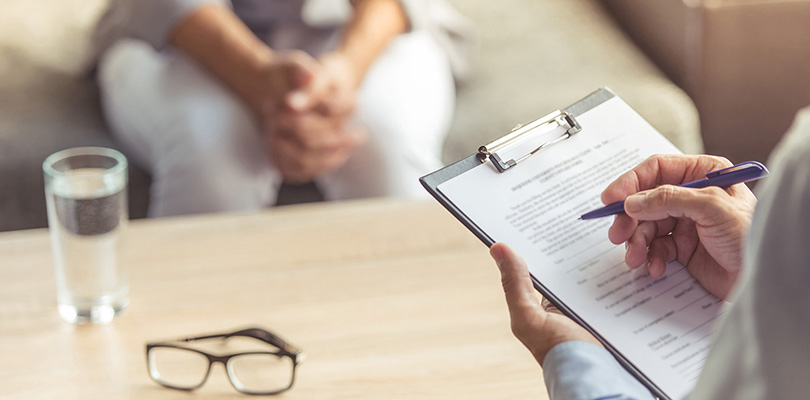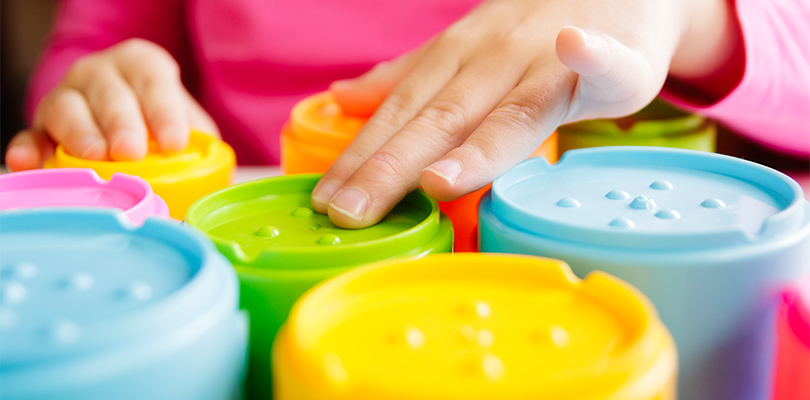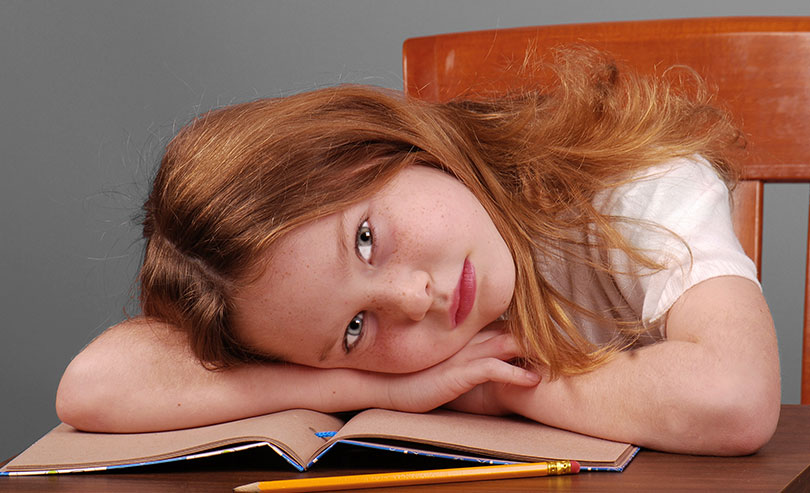ADHD Therapy for Adults
Attention-deficit hyperactivity disorder (ADHD) is a condition that is characterized by symptoms such as hyperactivity, short attention span, and behavioral problems.
Adults with ADHD suffer less from symptoms such as hyperactivity, but can still be affected by limited concentration, poor time management, procrastination, impulsive behavior, and risk taking. This can make work, socializing, and relationships more challenging, and ADHD can often lead to other issues such as anxiety and depression.
ADHD therapy for adults often involves stimulant medications such as methylphenidate (Ritalin) and amphetamine salts (Adderall). However, many adults would prefer to manage their ADHD without medication or wish to combine them with other therapies to enhance their effects.
Let’s take a look at five of the best ADHD therapy for adults options, and how they can make life easier for people living with this complex condition.
Cognitive Behavioral Therapy
Cognitive behavioral therapy (CBT) is one of the most popular ADHD therapy for adults options. CBT is a talking therapy which was developed in the 1960s. It has grown in popularity since then and is now often recommended for people with anxiety, depression, phobias, obsessive-compulsive disorder, and ADHD.
CBT can be carried out one to one, as a couple, or in a group setting. It aims to break negative thought patterns and instill more positive ideas and behavior. People with ADHD are often very self-critical, which can seriously affect their mental well-being over time. CBT can help people to talk to themselves more constructively, as well as improving focus and time management skills.
If you go for CBT for ADHD, your therapist may suggest “homework” such as writing to-do lists or using a calendar to organize your time. Staying on top of your tasks in this way can make you feel less overwhelmed and help you to stay calmer and more focused throughout the day.
Mindfulness or Meditation
People with ADHD can find it challenging to stay in the moment as their minds frequently race with other thoughts. Learning to put these thoughts aside and concentrate on the present can be incredibly calming, and may help you to introduce focus into other areas of your life too.
If you are meditating for the first time, you may find that you are easily distracted but don’t worry, this is entirely normal. Start small, just paying attention to your breathing for a few minutes at a time.
There is no need to breathe in a special way for this. Just breathe normally and notice the changes in your body as the air flows in and out of your lungs. As this becomes easier, you can try longer meditations or more complex breathing exercises.
Sleep
Good sleep is important for everyone, but if you have ADHD, it can sometimes be a struggle. Being tired after a night of insomnia will make it harder to concentrate during the day, meaning that people living with ADHD are often stuck in a cycle of bad sleep, tiredness, and lack of focus.
You can improve your chances of a good night’s sleep by keeping a regular bedtime and sticking to it, even at weekends. Give yourself a wind-down period and do something relaxing for a couple of hours before you go to bed.
It is best to dim the lights in the evening so that your body produces more melatonin, the hormone that makes you sleepy. Melatonin is also available as a food supplement which some people with ADHD find helpful.
We look into the link between depression, suicide, and ADHD, as well as how ADHD differs among males and females.
Exercise
Exercise is great for people with ADHD as it can help you to blow off steam and feel more relaxed. It is best to do something vigorous, and exercise on most days of the week. If you find yourself getting bored, you can stick to short bursts of activity, but it is important to keep these regular.
The best way to keep up your exercise regime is to find something you enjoy. This will make it easier to stick to in the long run. Being outdoors in nature is particularly beneficial, so take advantage of parks and green spaces for your workout whenever you can.
Diet
People with ADHD can sometimes find themselves skipping meals, or eating junk food due to poor planning. This means that they may be lacking nutrition and energy, which in turn can make symptoms such as poor concentration even worse.
Avoid this situation by planning your meals in advance and carrying healthy snacks such as fruit or nuts when you go out.
Eat more whole grains and protein, which will keep you feeling full for longer, and if you feel tired, resist the temptation to self-medicate with caffeine and sugar. These stimulants may give you a temporary boost but can leave you feeling much worse when the effects wear off.
Some people find that omega-3 supplements help with their ADHD symptoms, although the evidence for this is limited. You can introduce more omega-3s into your diet by eating more oily fish such as salmon or mackerel, nuts and seeds, and plant oils.
Living With Adult ADHD
If you are an adult with ADHD, certain aspects of life can be challenging, and you will want to do all you can to help. Learning to manage your time and get organized can make a big difference, and so can the ADHD therapy for adults options listed above.
Remember to be kind to yourself, rewarding yourself when you do something good, and not beating yourself up when things don’t go to plan. Try joining a support group, and talk to your friends and family about your condition so that they can understand what you are going through and help.
It may also be worth telling your employer about your ADHD so that they can offer you any extra support you need in the workplace.







